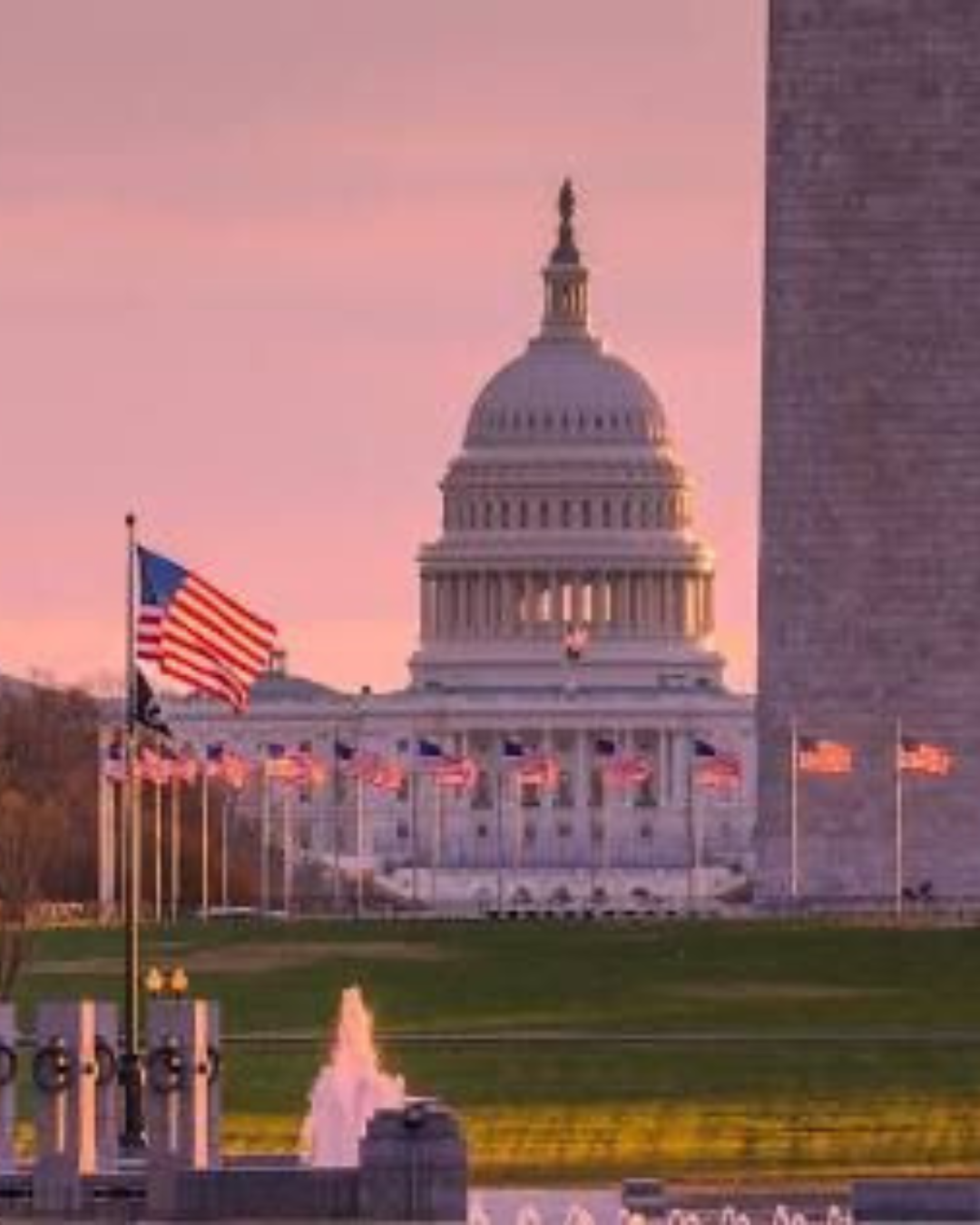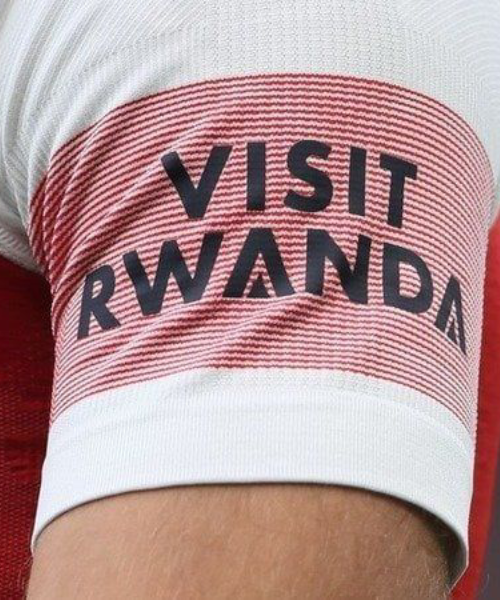In a significant step toward consolidating peace and stability in the Great Lakes region, the governments of the Democratic Republic of Congo (DRC) and Rwanda have appointed two senior officials to co-chair a joint committee tasked with overseeing the implementation of the historic peace agreement signed last June in Washington, D.C.
The accord, endorsed by the foreign ministers of both countries under U.S. mediation, aims to end years of tension and recurring violence along the DRC–Rwanda border. The newly formed joint committee will serve as the central mechanism for monitoring the agreement’s provisions, resolving emerging disputes, and ensuring that both sides fulfill their obligations.
According to sources in Kinshasa, the Congolese government has appointed Ambassador Marie-Claire Bisimwa, a seasoned diplomat with extensive experience in conflict resolution. Kigali has named Mr. Jean-Claude Nkurikiyimfura, a senior official from the Ministry of Foreign Affairs with a background in regional cooperation.
In a joint statement, both governments hailed the appointments as “a vital step in operationalizing the Washington Agreement” and reaffirmed their commitment to transparency, trust-building, and peaceful coexistence. The committee is expected to hold its inaugural meeting later this month in Goma, North Kivu, followed by sessions in Kigali.
The Washington peace accord outlines a series of measures, including the withdrawal of armed groups from contested areas, the reopening of key trade routes, and the establishment of humanitarian corridors for displaced civilians. International observers from the African Union and the United Nations are also set to participate in the committee’s work to ensure impartial monitoring.
Regional analysts note that while the creation of the joint committee marks an encouraging development, the real challenge will lie in its capacity to address the root causes of conflict—such as competition over mineral resources, the proliferation of armed militias, and long-standing political mistrust.
If successfully implemented, the agreement could pave the way for a new era of cooperation between Kinshasa and Kigali, boosting cross-border trade, security coordination, and regional development.
“We are turning a page in our history,” said Ambassador Bisimwa in Kinshasa. “This mechanism is not just about monitoring—it’s about building a shared future.”
The international community has pledged continued support for the peace process, with the United States promising technical and logistical assistance, and the African Union calling on other regional actors to rally behind the agreement.











